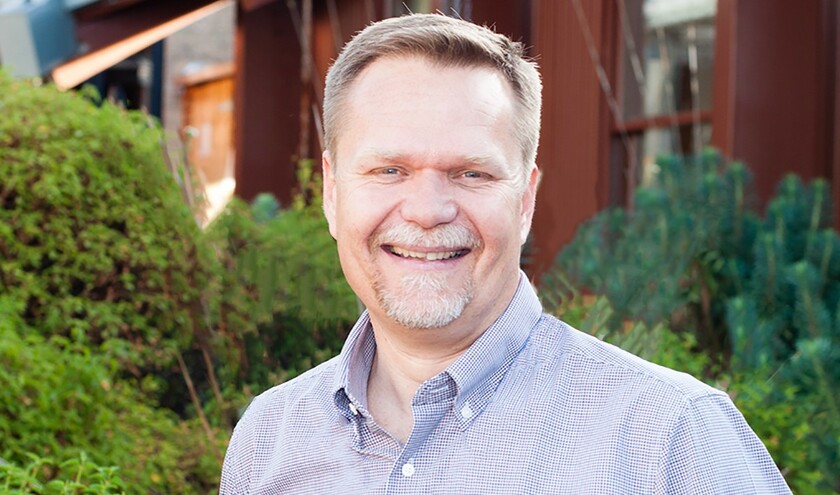By Wayne de Leeuw, chief executive of Dorothy House Hospice Care, a Hospice UK Advisory Council member and trustee at We Hear You
As a nurse, I have worked for nearly 30 years alongside people who are dying, 21 of those in a hospice.
No matter the setting of someone's death, when it comes down to the final days and hours, their experience of dying can be everything that people say it is. It is most often calm, peaceful and dignified. Sadly, on some occasions, it can be painful, anxious or distressing. Securing adequate funding is essential to support cashflow management and enable long-term investment in the sustainability and growth of surgeries.
The importance of advance care planning
Leaving those you love as you die, no matter the time spent preparing, talking and planning can be painful and sad and it is of course an intensely personal experience. No matter how close you are as a family member, friend or professional, the experience of dying is their own. Knowing that, it has always been really important to everyone who works in hospice and end-of-life care that people are able to make personalised choices about their last weeks, days and hours of life.
In end-of-life care we call these discussions advance care planning. To date these choices include decisions about where someone would like to be at the end of their life, who they would want there with them, who they wouldn't and what treatments they would like and those that they wouldn't.
In a life filled with decisions from the moment we take our first steps, these choices at the end of life are the culmination of remaining in control of your life. This, at a time in those final hours when communication may be impossible and when it would be easy for others to step in, most often with good intentions, making decisions on your behalf.
Changes to the law on assisted dying
On 29 November, we heard a passionate and emotional debate by the people who represent us at the highest level of decision making in our country, on exploring a further choice on whether people who may be in their last six months should have access to assistance to end their life, on their terms.
As a nurse and hospice leader I believe that our role in hospice and end-of-life care has always been about empowering people. Empowering them to live their lives as fully as possible right up until the final breath is drawn. Our role is to create a safe space for people to explore their fears, find solutions or when these are out of reach, to find acceptance.
The Bill and how it will impact hospices
Working with ambiguity, questioning and distress is what we do in hospice care. We know we can't fix a lifetime of problems and sometimes we can't alleviate someone's physical, spiritual or emotional pain at the end of their life, but we are there, alongside; listening, guiding and when appropriate acting in the best interests of people who trust us at this most important of times because we built the relationships, listened to their concerns and wishes and heard their choices.
And so it will be as we progress through the journey of this Bill through Parliament.
We will listen to our communities and we will champion for a recognition of the importance of hospice and end-of-life care as described above. How it enriches people's lives, helps them find meaning in some of the darkest of times and helps them live the fullest life possible up until the point at which they die, either from their illness or because there is a change in the law.
However, to do this, the debate must not diminish the role that hospices and others play at the end of someone's life. The national hospice deficit last year was £48m, the predicted deficit for this year is £188m. Hospice sector finances are the worst they have been for 20 years and many hospices are being forced to cut services, close inpatient beds and make vital staff redundant.
The Government must seek to strengthen what we do; equitably funding end-of-life care and the support required in the last year of someone's life, as fully as the investment put into the first year of that life.
That is how real choice can be respected at the end of someone's life, how people keep that control and how a fair and open society can view and recognise the importance of a ‘good death'.



